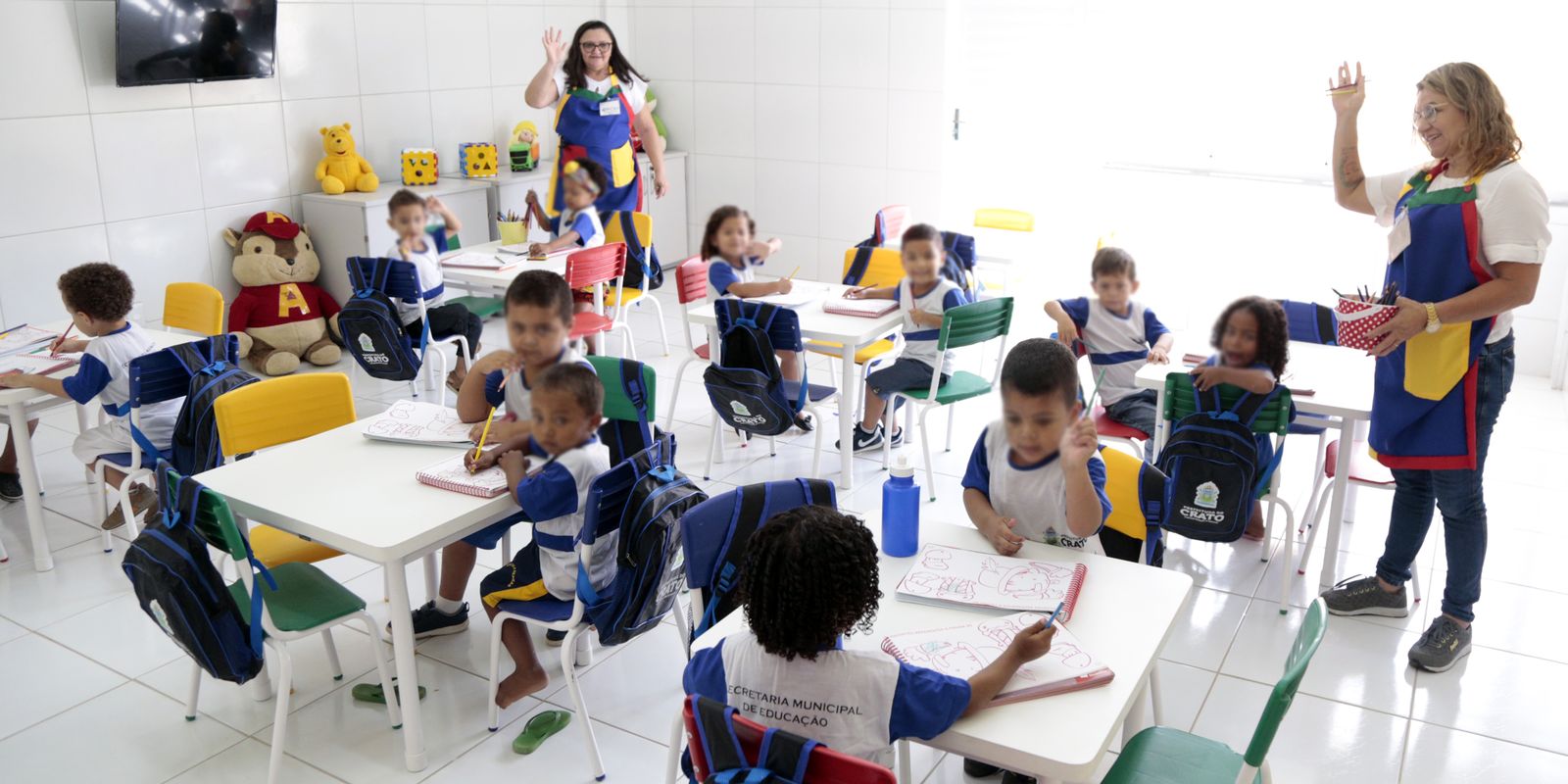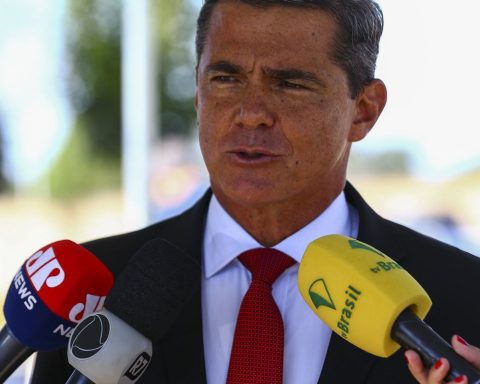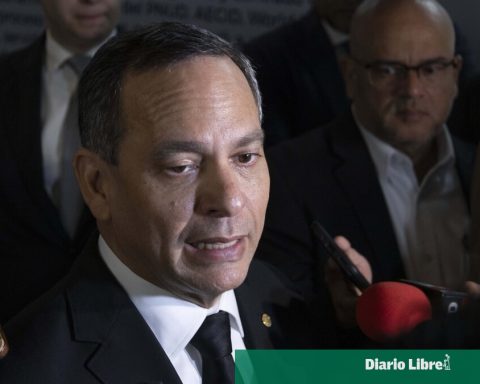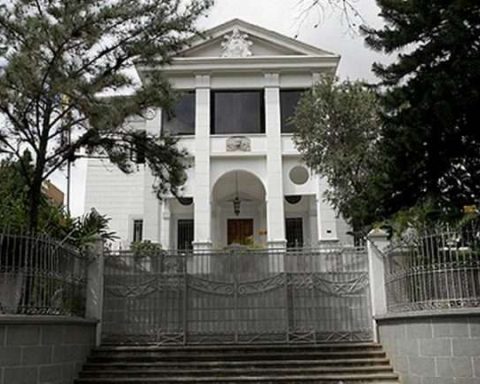Two in every five socially vulnerable children in Brazil are enrolled in daycare centers. This means that of the 4.5 million children aged 0 to 3 who are in groups considered more vulnerable and should have right to daycare prioritized, less than half, 43%, or around 1.9 million, actually have access to this service. Around 2.6 million are still out of early childhood education.
The data comes from the so-called State and Capital Daycare Needs Index (INC), a tool created by the Maria Cecilia Souto Vidigal Foundation, in partnership with Quantis, to support the planning of policies on access to daycare centers.
The study considers children from families in poverty, single-parent families, families in which the main caregiver is economically active or could be, if there were a vacancy, and families with children with disabilities to be in a vulnerable situation. The calculations use data from the Brazilian Institute of Geography and Statistics (IBGE) and the Ministries of Education and Health.
According to the research, among children in poverty, totaling 1.3 million in the country, the majority, 71.1%, do not attend daycare, equivalent to 930 thousand children.
Among the total number of children born to economically active mothers/caregivers, which total 2.5 million in Brazil, 48.9%, or 1.2 million, are not enrolled in daycare.
“We see [essas informações] It is with great concern that only around two in five children from these priority groups are attending daycare”, says the Public Policy Manager at Fundação Maria Cecília Souto Vidigal, Karina Fasson. “When we look at the public in poverty, the scenario is even worse, more than 70% do not attend daycare. This also reveals a lot about inequalities in the country.”
States and municipalities
The research also provides an overview of access to educational units in states and capitals. Among the states, Roraima has the highest percentage of children in poverty outside of daycare centers: 95.4% of 9,963. São Paulo is the state with the highest percentage of care for children in poverty, with 54.7% of the 120,630 children attending daycare centers.
Among the capitals, 20.7% of children from priority groups in Campo Grande are outside, compared to just 1.4% in João Pessoa.
Reasons
Among the reasons given for children not being enrolled is the choice of guardians in the case of 1,460,186. They correspond to 56% of those living in vulnerable situations.
Another 191,399 – approximately 7.6% of the priority groups who are not enrolled – do not attend early childhood education because they do not have a daycare center in the area where they live or the unit is far away. For 238,424, or around 9.5%, the reason is the lack of vacancies.
“We have families who prefer not to place very young children in daycare, children under one year old, for example. So there is this choice for care and education within the family, but we also know that there is still a lack of knowledge about the importance of this stage and even about the right to a place in the public system”, says Karina.
She draws attention to children who are not enrolled due to lack of places and to the need for the Government to offer quality daycare, especially for the most vulnerable population. Under current legislation, it is up to municipalities to offer early childhood education.
“We see the need for public authorities to plan this expansion,” he says. “It is necessary to plan the expansion of vacancies, whether through the construction of new units or through partnerships with the non-profit sector. It is necessary for municipalities to count, within the Federative Pact, on a partnership with state governments, with the federal government, through the Ministry of Education, to be able to think about the possibilities of expanding vacancies”.
Karina highlights the importance of daycare centers, not only as spaces for care, but as places for learning, which contribute to the adequate development of children, in addition to being a right for the population.
“Early childhood is a decisive phase for human development. It is the phase of life in which we establish the greatest number of brain connections. At the end of early childhood, at 6 years of age, a child already has 90% of their brain connections established and for this to happen in a healthy way they need to receive adequate stimuli. Quality early childhood education is also an important component for this development, this healthy learning”, he argues.
Daycare centers in Brazil
In Brazil, all children and adolescents aged 4 to 17 must be enrolled in school, in accordance with Constitutional Amendment 59/09.
Daycare is not a mandatory stage, and families can choose to enroll their children, but it is duty of public authorities offer the vacancies that are in demand. This became even clearer in 2022, after the decision of the Federal Supreme Court (STF) to expand the mandatory provision of education to daycare centers as well. Until then, municipalities could deny enrollment citing a lack of places.
Furthermore, the country needs to comply with the National Education Plan (PNE), a law that establishes goals to be met in early childhood and postgraduate education by the end of 2025. By law, the country must have 50% of children up to 3 years old enrolled in daycare centers. Currently, it is 37.3%.


















